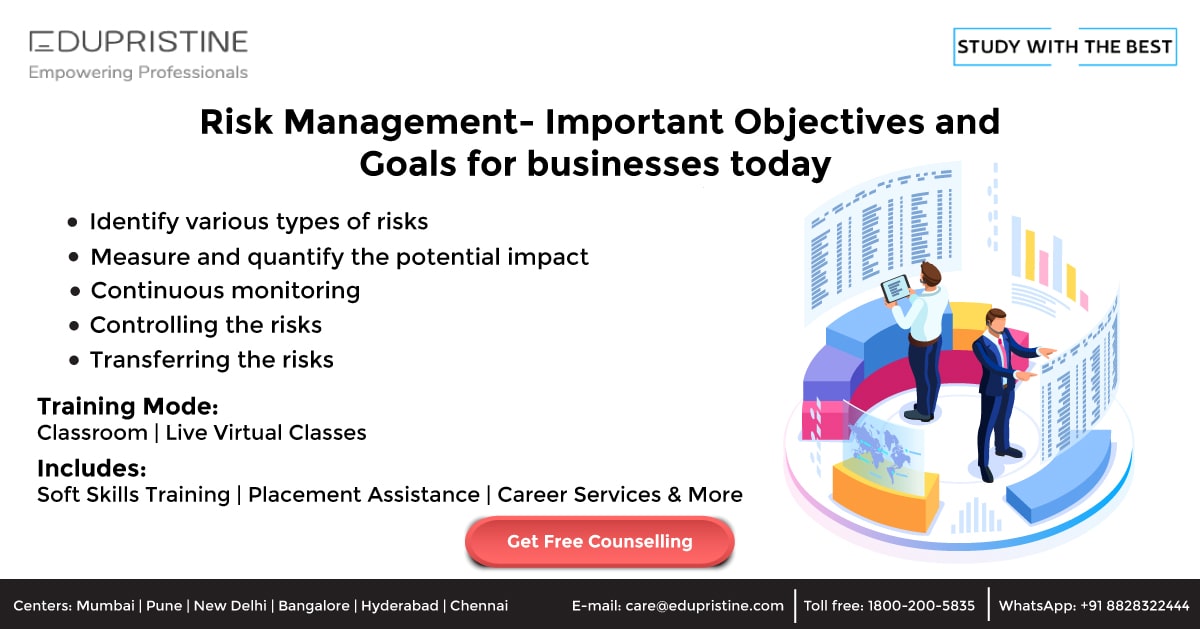
Team managers are in charge of a group of people. They make sure that everyone is on task and balance their workload. They can also resolve conflict and give constructive feedback. The most successful managers know how to balance their work with their team members' needs. These characteristics make team managers successful. These attributes can be used to inspire and increase morale among team members.
Leadership skills
Leader skills are essential for team managers to be successful. Leadership skills are essential for team leaders. They must be able think strategically and translate long-term organizational goals into tangible outcomes. Without this skill, leaders will face obstacles that will ultimately harm the organization. They will lose sight the importance of their teams to the organization as well as their own roles in it. A leader who is able to think strategically must look beyond the immediate issues in order to see the organizational goals and the complexity of internal and externe factors.
Team leaders must be approachable and have a willingness to talk with other team members. Openly listening is an essential skill in leadership because it shows that you understand other people's viewpoints and can listen to their concerns before you decide how to deal with them. This skill will allow you to motivate your team while also acknowledging their input.

Communication skills
Communication skills play a crucial role in the work environment as well as leading a team. Communication is key to the success and growth of any organization. According to a Gatehouse report, poor communication among managers was the top three cause of ineffective internal communication. A mere 14 percent said they were inspired by their performance reviews. To overcome this problem, managers should understand how to engage their team members and build relationships. This can be done by listening well and clarifying the opinions and ideas of their team members.
Being honest and direct with people is the best way to communicate. Some employees need details while others are more comfortable with generalization. If you know which type your team members prefer, you can adjust your communication style accordingly. The more attention you pay to your team's communication preferences, the more likely they will feel that they are heard and understood.
Organizational skills
It is essential to have organizational skills if you are going to lead a group. They are essential for managing time, conflicts, and relationships. Being able to prioritize tasks and organize will help you appear more trustworthy and increase your credibility. You can solve complicated problems by having organizational skills. You will also feel calmer under pressure if you are organized.
You will communicate better with your colleagues if you have better organization skills. Being organized will help you save time and focus on the most important tasks. A cluttered workspace can lead to decreased focus on your work and stress. You can keep your workspace cluttered by rewriting your to do list.

Time management
Good time management practices are a vital part of team management. This includes regular check-ins and the use of tools to track the status of each project. Encourage team members and celebrate their accomplishments. Time management skills can help you maximize productivity and prevent overload.
Regardless of the size and structure of your team, time management is critical to the success of your company. Effective time management requires flexibility to adjust to changing circumstances. This can be achieved by aligning your teams. Studies have shown that teams spend two-thirds of their time communicating, connecting, and collaborating. Inefficient communication is also responsible for 15 percent of the employee's lost work time.
FAQ
Why is project management so important?
Project management techniques are used to ensure that projects run smoothly and meet deadlines.
This is due to the fact that most businesses rely heavily upon project work in order to produce goods, and services.
Companies need to manage these projects efficiently and effectively.
Without effective project management, companies may lose money, time, and reputation.
How do you manage employees effectively?
Effectively managing employees means making sure they are productive and happy.
This also involves setting clear expectations and monitoring their performance.
Managers must be clear about their goals and those of their teams in order to succeed.
They need to communicate clearly with staff members. They need to communicate clearly with their staff.
They will also need to keep records about their team's activities. These include:
-
What was the result?
-
How much work did you put in?
-
Who did it?
-
It was done!
-
Why did it happen?
This information can help you monitor your performance and to evaluate your results.
How can we create a culture of success in our company?
A culture of respect and value within a company is key to a productive culture.
It's founded on three principal principles:
-
Everyone has something to contribute
-
People are treated fairly
-
It is possible to have mutual respect between groups and individuals
These values are reflected in the way people behave. They will treat others with respect and kindness.
They will listen respectfully to the opinions of others.
They encourage others to express their feelings and ideas.
Company culture also encourages open communication, collaboration, and cooperation.
People are free to speak out without fear of reprisal.
They know mistakes will be accepted as long as they are dealt with honestly.
Finally, the company culture promotes integrity and honesty.
Everyone understands that the truth is always best.
Everyone is aware that rules and regulations apply to them.
And no one expects special treatment or favors.
What does the term "project management” mean?
It refers to the management of activities related to a project.
We include defining the scope of the project, identifying the requirements, preparing the budget, organizing the project team, scheduling the work, monitoring progress, evaluating results, and closing down the project.
Six Sigma is so beloved.
Six Sigma is simple to implement and can yield significant results. It provides a framework that allows for improvement and helps companies concentrate on what really matters.
Statistics
- Our program is 100% engineered for your success. (online.uc.edu)
- The BLS says that financial services jobs like banking are expected to grow 4% by 2030, about as fast as the national average. (wgu.edu)
- Your choice in Step 5 may very likely be the same or similar to the alternative you placed at the top of your list at the end of Step 4. (umassd.edu)
- The average salary for financial advisors in 2021 is around $60,000 per year, with the top 10% of the profession making more than $111,000 per year. (wgu.edu)
- This field is expected to grow about 7% by 2028, a bit faster than the national average for job growth. (wgu.edu)
External Links
How To
How do you implement Quality Management Plans (QMPs)?
The Quality Management Plan (QMP) was established in ISO 9001. It is a systematic way to improve processes, products and services. It is about how to continually measure, analyze, control, improve, and maintain customer satisfaction.
QMP is a common method to ensure business performance. QMP is a standard method that improves the production process, service delivery, customer relationship, and overall business performance. QMPs should encompass all three components - Products and Services, as well as Processes. If the QMP focuses on one aspect, it is called "Process." QMP. The QMP that focuses on a Product/Service is called a "Product." QMP. If the QMP focuses on Customer Relationships, it's called a "Product" QMP.
Two main elements are required for the implementation of a QMP. They are Scope and Strategy. These elements can be defined as follows.
Scope: This is the scope of the QMP and its duration. If your organization wishes to implement a QMP lasting six months, the scope will determine the activities during the first six month.
Strategy: This describes how you will achieve the goals in your scope.
A typical QMP has five phases: Planning (Design, Development), Implementation (Implementation), and Maintenance. Each phase is explained below:
Planning: This stage determines the QMP goals and prioritizes them. Every stakeholder involved in the project is consulted to determine their expectations and needs. The next step is to create the strategy for achieving those objectives.
Design: This stage is where the design team creates the vision, mission and strategies necessary for successful implementation of QMP. These strategies are then put into practice by creating detailed plans.
Development: Here, the development team works towards building the necessary capabilities and resources to support the implementation of the QMP successfully.
Implementation: This involves the actual implementation of the QMP using the planned strategies.
Maintenance: The maintenance of the QMP is an ongoing task.
Several additional items should be added to the QMP.
Stakeholder Engagement: It is crucial for the QMP to be a success. They are required to actively participate in the planning, design and development of the QMP, as well as the implementation and maintenance phases.
Initiation of a Project: A clear understanding and application of the problem statement is crucial for initiating a project. In other words, they must understand the motivation for initiating the project and the expectations of the outcome.
Time Frame: This is a critical aspect of the QMP. For a short time, you can start with the simple version of the QMP. For a long-term commitment you may need more complicated versions.
Cost Estimation: Cost estimation is another vital component of the QMP. You can't plan without knowing how much money it will cost. The QMP should be cost-estimated before it can begin.
QMPs should not be considered a static document. It is constantly changing as the company changes. So, it should be reviewed periodically to make sure that it still meets the needs of the organization.